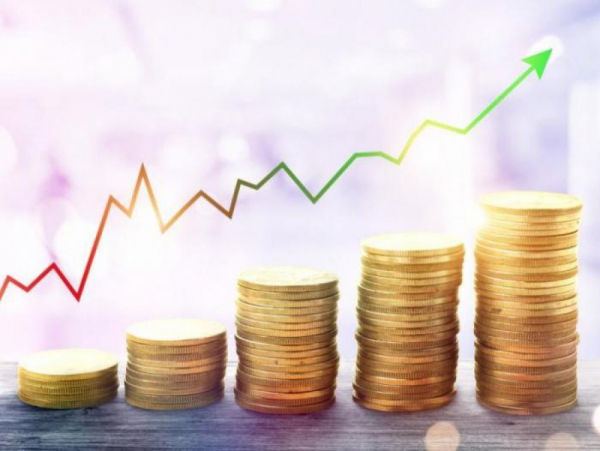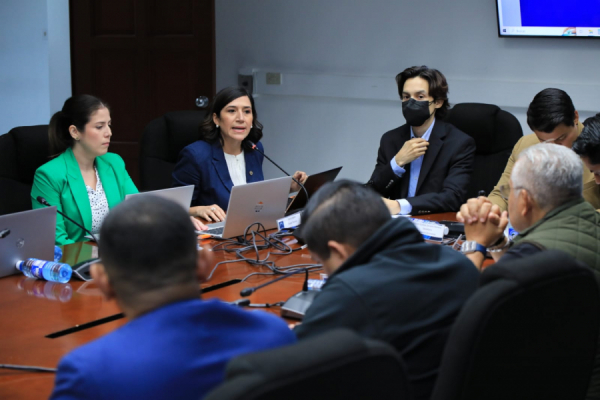Economic stimulus has fostered the opening of more jobs and foreign trade
Written by Evelyn AlasThe increase in formal employment is among the most outstanding achievements. Data from the Instituto Salvadoreño del Seguro Social (ISSS) indicate that there are 962,575 workers registered on the payroll. This number had not been observed before and shows how the employer sector is interested in betting on the country.
MINEC's strategies allow the national economy to continue to grow
Written by Evelyn AlasThe Central Government continues to work so that the national economy continues to grow, and it does so through various aspects, including attracting investments that generate new jobs, the implementation of public policies that facilitate trade and support for local companies, including emerging technology companies (startups).
Congressmen study project to create new institution to attract foreign investment
Written by Evelyn AlasDeputies of the Economy Commission continued with the study of the Law for the Agencia de Promoción de Inversiones y Exportaciones de El Salvador (INVEST), a regulation with which certain government institutions seek to access new markets, export and manufacturing destinations.
Companies paid 0.29% more for administrative services and transportation in april 2023
Written by Evelyn AlasAccording to data from the Oficina Nacional de Estadísticas y Censos (ONEC), the Producer Price Index (PPI) in April this year, registered a price increase of 0.29% compared to march 2023.
Salvadorans will pay up to US$0.09 less for super and diesel gasoline
Written by Evelyn AlasThe Dirección General de Energía, Hidrocarburos y Minas (DGEHM), explains through its Twitter account that the price of super gasoline will drop US$0.09 and US$0.05 for diesel for the next 15 days.
High inflation generates food insecurity in Latin American countries
Written by Evelyn AlasThe role of remittances in Central America and Mexico provide poverty relief: IDB
Written by Evelyn AlasRemittances are much more than a transfer of money from one country to another. They are an emotional and financial link that connects migrant workers to their homes and families in their countries of origin.
Foreign Ministry provides economic advice to investors in salvadoran embassies
Written by Evelyn AlasThe Foreign Ministry continues to promote the projection of El Salvador on a global scale, in order to attract new investments that boost the country's economy and bring development to salvadoran families.
Employers that violate labor rights will be fined up to US$4 million
Written by Evelyn AlasThe Ministry of Labor executes different strategies aimed at ensuring the welfare of workers, and one of them is the strengthening of the legal framework for the protection of labor rights.
 English
English  Español
Español 








